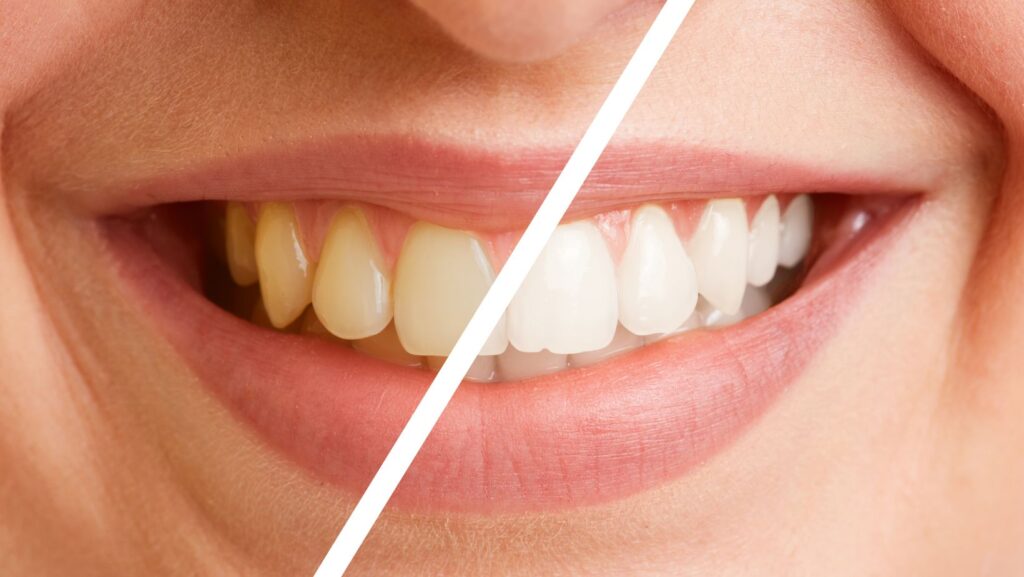Sharp toothaches, jaw discomfort, or a dull ache in your gums may all signal underlying dental issues or even more serious health concerns. Many people delay visiting the dentist, which can be risky because dental problems may progress further than you think.
“As we age, we can feel less pain in our teeth because the nerves inside them shrink, and dentin — a porous material beneath tooth enamel — builds up. So something can fester for a long time and turn into a bigger, more complex problem,” says Dr. Lisa Thompson, a geriatric dentistry specialist at the Harvard School of Dental Medicine.
Here’s a guide to what might be causing your dental pain and when you should reach out to your dentist—or in some cases, emergency services.
Common Causes of Tooth Pain
Toothaches can be triggered by various issues, with cavities being the most common culprit. Cavities form when plaque—a sticky mixture of food particles and bacteria—produces acids that wear away the enamel, leading to tooth decay. As the cavity deepens, the nerve may become exposed, causing sharp pain and sensitivity to hot or cold foods. A cracked tooth or a loose filling can also expose the nerve and lead to similar discomfort.
Trauma, such as biting down on a hard object like a fork, can bruise the ligament that secures your tooth, resulting in pain that may start sharp and gradually turn into a dull ache.
If you experience pain while chewing, sinus pressure without congestion, or a bad taste in your mouth, it could indicate an infection in the root of the tooth, known as an abscess, which requires prompt treatment.
Causes of Gum Pain
Gum pain is often more of a dull, aching sensation and can be caused by a variety of factors. Sensitive gums, brushing too hard, or irritation from trapped food particles between the teeth can all contribute to discomfort.
Other causes might include small cuts from sharp foods like chips, irritation from certain toothpastes, or the presence of canker sores. Poorly fitting dentures or partials may also cause gum irritation, which can sometimes lead to fungal infections.
Gum pain might also signal the early stages of gum disease, known as gingivitis. This condition is caused by plaque buildup along the gumline and can lead to swollen, bleeding gums. Left untreated, gingivitis can progress to periodontal disease, which can damage the ligaments and bone that support the teeth, causing abscesses and tooth loss.
Identifying Jaw Pain
Jaw pain can vary from sudden, sharp discomfort to persistent, chronic aching. Often, chronic jaw pain is associated with issues in the temporomandibular joint (TMJ), which connects the jawbone to the skull. Disorders of this joint (TMD) can result from injury, stress, arthritis, or habits like teeth grinding and gum chewing.
Sudden pain in the neck and lower jaw may indicate a more serious condition, such as angina (chest pain caused by heart problems) or even a heart attack. Jaw pain of this nature may not always be accompanied by other heart attack symptoms, like chest pain or shortness of breath, so it’s important to seek medical help immediately.
When to Seek Help
If you experience sudden pain in your neck or lower jaw, it could be an emergency—call , especially if you have a history of heart problems.
For other types of tooth, gum, or jaw pain, make an appointment with your dentist as soon as possible. If you suspect a cracked tooth, filling, gum disease, or an abscess, don’t delay. Bacteria from an abscess can spread to other areas of your body, leading to serious complications. If your dentist is unavailable, visit an emergency department for antibiotics until you can receive dental care.
To address mild discomfort, try switching to a soft-bristled toothbrush, using a Waterpik, or changing toothpaste. And, as always, maintain a consistent brushing and flossing routine to keep your teeth and gums healthy.


